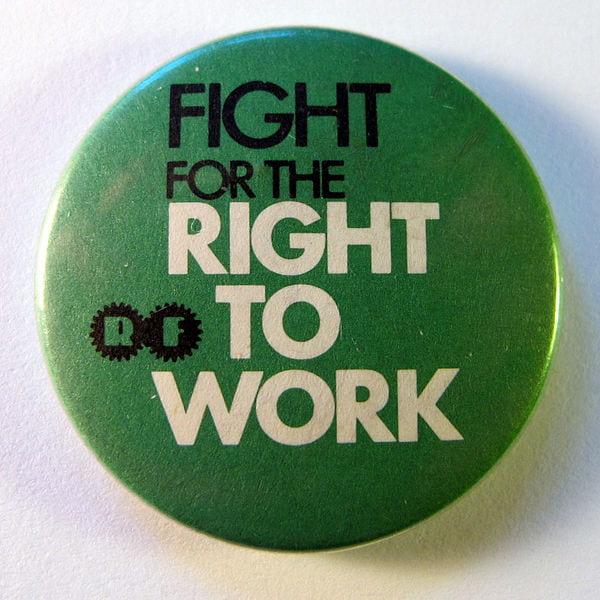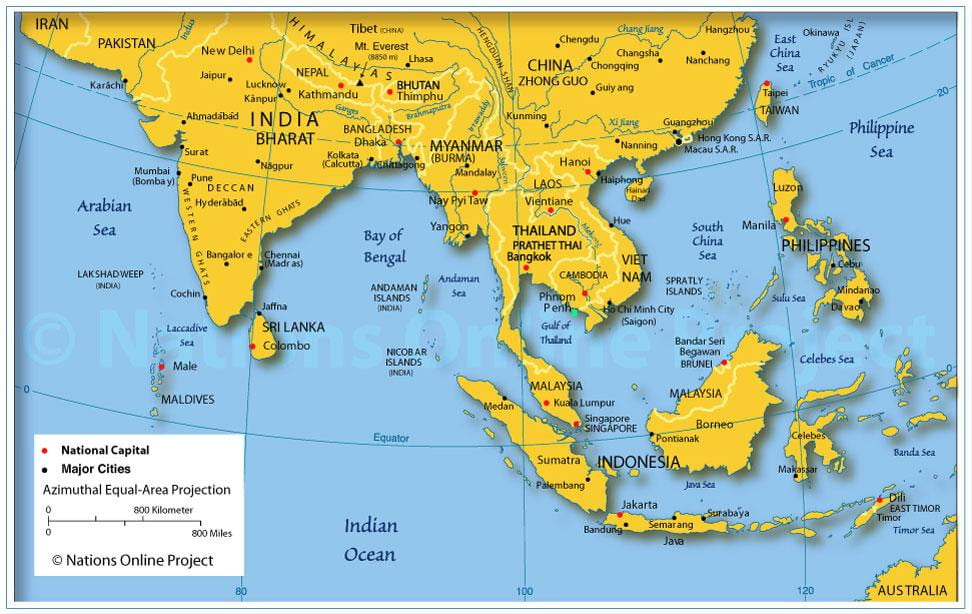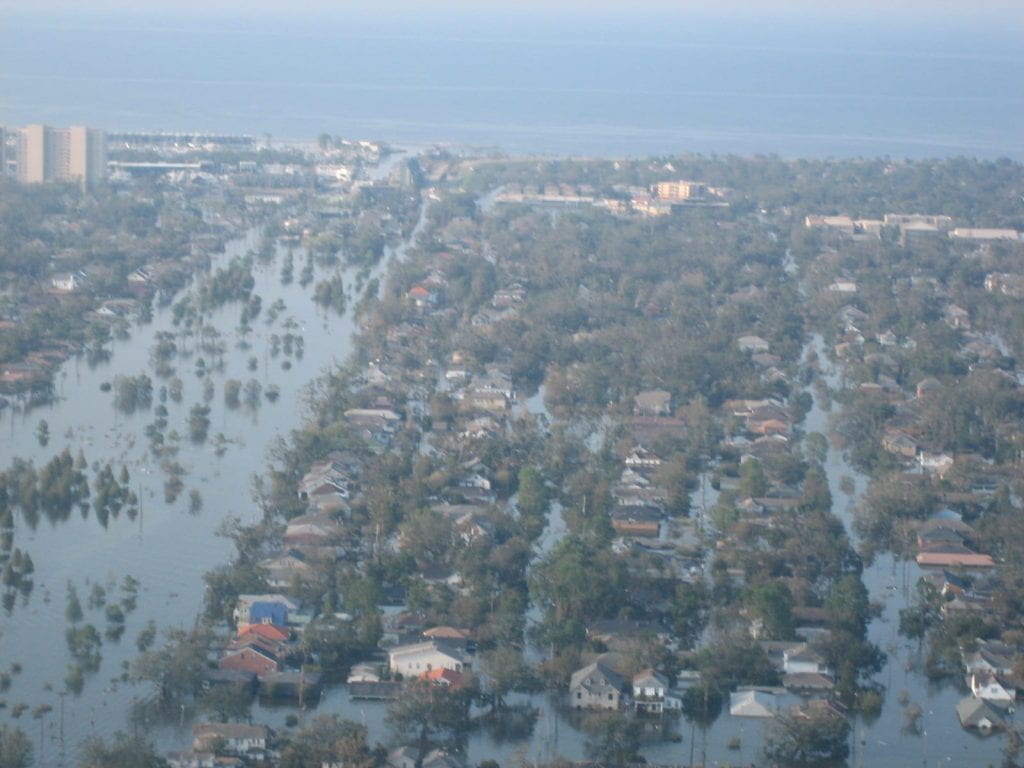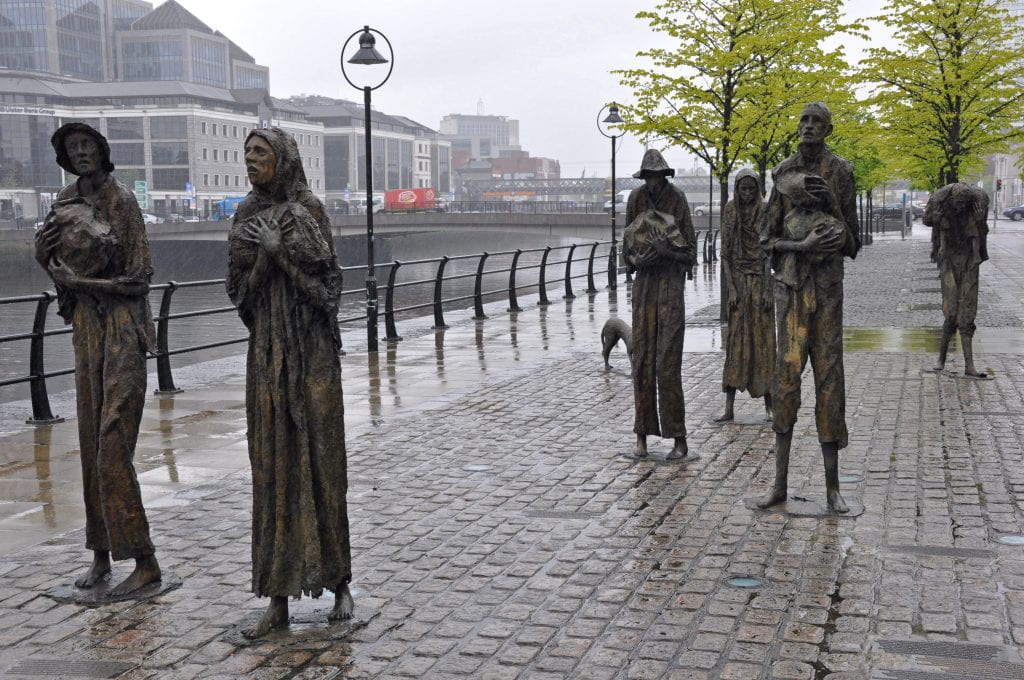
Role of noodles
Never underestimate the importance of noodles. According to Lin-Liu, a blogger, the oldest mention of noodles she found was in a Chinese dictionary from the third century A.D. Originally, noodles were made from bread dough. Interesting enough, noodles were found in a sealed ceramic bowl at a burial site from 3rd millennium B.C. Ultimately, the exact origin of noodles is difficult to pinpoint. However, noodles may have started in a variety of locations such as China and Italy. Regardless of its origin, noodles are a vital part of numerous cultures worldwide. Noodles are not just a dish, but it also embodies the culture, city, and people that make them.
In different cultures, the name of the noodles can be used to commemorate a historical event. For example, there are several pastas that commemorate Italy’s wars in Africa such as the tripoline pasta, which references the Tripoli province of Libya under Italian rule and the bengasini past, inspired after the Benghazi. There are also references made for the House of Savoy, a royal family in Italy, through a noodle named mafaldine after the Princess Mafalda. Furthermore, noodles have been named after emerging machinery like the ruote (wheels) or eliche (propellers). Noodles could also be used to determine the wealth of the person due to the ingredients that were used. In China, certain types of noodles are eaten at certain occasions such as birthdays, marriages, or moving to a new house. In addition to playing a role in beliefs and customs, noodles also have health benefits and have been included in a variety of diets. Some even say that noodles can reduce the number of those in poverty.
Poverty in China
Poverty exists everywhere, in new and old places. Specifically, in China, there are 252 million people who live on their earning of less than $2/day. In fact, 40% of people in China live on less than $5.50/day. Many of these individuals live in rural areas and make their living from farming, forestry, or fishing. There are numerous reasons that explain the causes poverty in China with rural-urban migration being one of the most prominent. China has a majority urban population, meaning there is an influx of people moving into more urban areas in search of better jobs. However, individuals who cannot afford to leave often times stay in rural areas, struggling to survive.
Another reason for poverty in China is the Hukou system’s effect on migrant workers. The Hukou system is a registration program that identifies certain demographics as either rural or urban residents. This system prevents migrant workers from receiving healthcare, education, or pension through the government because Chinese citizens can only receive benefits from their local government. Thus, when people move, they cannot receive the benefits from their new regional government. In Shanghai there were 170,000 students enrolled in high school; however, there were 570,000 migrant children from 15 to 19 who lived in Shanghai but were not permitted to attend the schools. There are reforms and policies in place to try to reduce the effects of poverty in China, such as President Xi Jinping claiming he wants to “eradicate rural poverty by 2020.”, although, poverty remains a salient issue.

Noodle Initiative
“Give a man a bowl of noodles and you feed him for a day; teach a man how to make noodles and you feed him for a lifetime.” – Yuhan Xu (NPR)
As mentioned earlier, noodles are a staple food, especially in China. In northwestern China, there is a province by the name of Gansu that has proposed an idea to eliminate poverty by using their specialty dish of hand-pulled noodles in beef broth – a noodle initiative. This dish costs as low as $1.50. Their goal is to train 15,000 individuals from poor areas how to make these noodles from scratch. so they can pursue gainful employment making noodles or even open their own shops. In order to acquire people’s interest, the government is offering financial incentives to both companies and people to meet their goal of opening 1,500 new noodle shops this year. However, noodle initiatives are not a new concept. In 2018, there was a noodle skills training program in Lanzhou and Beijing where more than 12,000 people participated and 90% of them found jobs related to noodles.
In Lanzhou, the capital of Gansu province, there are approximately 50,000 beef noodle shops and 40,000 noodle-makers; out of those shops, 4,000 of them are in the impoverished areas. The annual noodle shop sales in Gansu makes an estimate of $1.8 billion. In Lanzhou, there is a school named the Vocational and Technical College of Resources and Environment whose goal is to train professionals in making a proper Lanzhou beef noodle. The tradition of the Lanzhou beef noodle is almost 200 years old and does not take a long time to prepare. However, in order to pull the noodles, it takes years of practice, generally a year to learn how to pull noodles but three years to be called a “noodle master”. Furthermore, the school hopes to spread these skills overseas but has been difficult due to visa requirements. Noodle chefs need to fulfill certain educational requirements in order to go overseas. Thus, some schools that have three years of training also award their students with associate college degrees and national vocation qualification certificates. Additionally, in certain countries like Australia or the United Kingdom, there are branches of the Lanzhou beef noodle where students are offered job positions there with a salary of 8,000 to 12,000 yuan and free accommodation.
Everyone has a right not just to work, but to work in a positive environment. In accordance with the Universal Declaration of Human Rights (UDHR), the work conditions should be “just and favorable”. The noodle initiative aims to offer individuals an increase in skill, employment, and a better future. The implication of poverty, employment, and human rights are intertwined. Poverty affects aspects of one’s life such as housing, food, and healthcare. At the core, poverty is when someone does not have access to their basic rights. Thus, it hinders people’s quality of living and their freedom while also increasing the possibility of discrimination and health disparities.



